Uji Usability Staffing Database Application Based on YII Framework
Abstract
Abstract: The development of information systems and technology plays an important role in improving the quality of management activities, one of which is the management of personnel data. One thing that comes to mind when talking about something that can be used to store, process and provide personnel data is a personal data management system. The personal data management system was developed to make it easy for users to collect and manage their data digitally. The Yii Framework-based Personnel Database application was developed to make it easier for employees and staff of the Faculty of Education, State University of Surabaya to carry out their duties, both teaching and educational staff. Based on the explanation above, this research was conducted to determine the effectiveness of the "Yii Framework-based Personnel Database Application" at the Faculty of Education, State University of Surabaya. This research use a usability measurement test method. Measuring usability means measuring effectiveness, efficiency, and user satisfaction. The results of this study indicate, (1) the calculation results from the usefulness aspect show a percentage of 87, 4%; (2) the calculation results from the second aspect, namely ease of use, showed a percentage of 84, 2%; (3) the calculation result from the third aspect, namely satisfaction, shows a percentage of 85, 3%; (4) the results of the calculation of the overall usability test aspect get a percentage of 85, 4%, this means that the Staffing Database Application Based on Yii Framework, Faculty of Education, Unesa is very effective in supporting employee performance to improve the quality of their work.
Keywords: human resource management; web based application; yii framework
Abstrak: Perkembangan sistem dan teknologi informasi berperan penting dalam peningkatan kualitas kegiatan pengelolaan, salah satunya pengelolaan data kepegawaian. Satu hal yang terlintas dalam pikiran ketika berbicara tentang sesuatu yang dapat digunakan untuk menyimpan, memproses, dan menyediakan data kepegawaian adalah sistem manajemen data pribadi. Sistem pengelolaan data pribadi dikembangkan dengan tujuan untuk dapat memberikan kemudahan bagi penggunanya dalam mengumpulkan dan mengelola datanya secara digital. Aplikasi Database Kepegawaian berbasis Yii Framework dikembangkan dengan tujuan untuk memudahkan pegawai dan staf Fakultas Ilmu Pendidikan Universitas Negeri Surabaya dalam menjalankan tugasnya, baik, staf pendidik maupun kependidikan. Berdasarkan paparan diatas, penelitian ini dilakukan bertujuan untuk mengetahui keefektifan dari “Aplikasi Database Kepegawaian berbasis Yii Framework” di Fakultas Ilmu Pendidikan Universitas Negeri Surabaya. Penelitian ini menggunakan metode uji pengukuran usability. Mengukur usability berarti mengukur efektivitas, efisiensi, dan kepuasaan user. Hasil penelitian ini menunjukkan, (1) hasil perhitungan dari aspek usefulness menunjukkan presentasi sebanyak 87, 4%; (2) hasil perhitungan dari aspek yang kedua yaitu ease of use menunjukkan presentasi sebanyak 84, 2%; (3) hasil perhitungan dari aspek yang ketiga yaitu satisfaction menunjukkan presentasi sebanyak 85, 3%; (4) dari hasil perhitungan keseluruhan aspek uji usability mendapatkan presentasi sebanyak 85, 4%, ini berarti bahwa Aplikasi Database Kepegawaian berbasis Yii Framework Fakultas Ilmu Pendidikan Unesa sangatlah efektif dalam menunjang kinerja pegawai untuk meningkatkan kualitas kerjanya.
Kata kunci: manajemen sumber daya manusia; aplikasi berbasis web; yii framework
Full Text:
PDFReferences
Anciaux, N. et al., 2019. Personal Data Management Systems: The security and functionality standpoint. Information System, Volume 80, pp. 13-35.
Armstrong, M., 2006. A Handbook Human Resource Management Practice. 10th Edition ed. London: Cambridge University Press.
Aust, I., Matthews, B. & Muller-Camen, M., 2020. Common Good HRM: A paradigm shift in Sustainable HRM?. Human Resource Management Review, Volume 30(3), pp. 1-11.
Boselie, P., Van Harten, J. & Veld, M., 2021. A human resource management review on public management and public administration research: stop right there. . .before we go any further. PUBLIC MANAGEMENT REVIEW, Volume 23(4), p. 483–500.
Bulte, A., 2018. What is Industry 4.0 and what are its implications on HRM practices?. The Netherlands: s.n., In Proceedings of the 11th IBA Bachelor Thesis Conference, Enschede.
Cannolly, T. & Begg, C., 2010. Database System: a practical approach to design, implementation, and management. 5th edition ed. America: Pearson Education.
Changhun, L. & Sunyoung, P., 2021. Changing Factors of Employee Satisfaction with Working Conditions: An Analysis of the Korean Working Conditions Survey. Safety and Health at Work, pp. 1-15.
Davis, B. G., 2002. Management Information Systems— Conceptual Foundations, Structure, and Development.. Jakarta: PT. Pustaka Binawan Pressindo.
Imperatori, B., Bissola, R., Butera, F. & Bodega, D., 2020. Work and HRM in the 4.0 era: Insights and research directions. Studi Organ,, Volume 2, p. 9–26.
Krupcała, K. & Januszewski, A., 2020. Website and e-shop Development as an e business Teaching Programme Innovation in Management Education. Procedia Computer Science, Volume 172, p. 2476–2486.
Longfei, H., Mei, X. & Bin, G., 2020. Internet-of-things enabled supply chain planning and coordination with big data services: Certain theoretic implications. Journal of Management Science and Engineering, Volume 5(1), pp. 1-22.
Loucopoulos, Pericles, Kavakli, E. & Mascolod, J., 2020. Requirements Engineering for Cyber Physical Production Systems: The e-CORE approach and its application. Information Systems, pp. 1-45.
Margherita, E. G. & Bua, I., 2021. The Role of Human Resource Practices for the Development of Operator 4.0 in Industry 4.0 Organization: A Literature Review and a Research Agenda.. Businesses, Volume 1, pp. 18-33.
Medina-Ortiz, et al., 2020. DMAKit: A user-friendly web platform for bringing state-of-the-art data analysis techniques to non-specific users. Information System, Volume 93, pp. 1-19.
Muller, Fabian, A. & Wulf, T., 2020. Technology-supported management education: a systematic review of antecedents of learning effectiveness. International Journal of Educational Technology in Higher Education, pp. 1-33.
Opatha, H., 2021. A Simplified Study of Definitions of Human Resource Management. Sri Lankan Journal of Human Resource Management, Volume 11(1), pp. 15-34..
Pasaribu, J. S., 2021. Development of a Web Based Inventory Information System. International Journal of Engineering, Science & InformationTechnology (IJESTY), Volume 1(2), pp. 24-31.
Renawati, M. E., 2022. Manajemen Pembelajaran dalam Meningkatkan Perkembangan Kognitif Anak Usia Dini Di Masa Pandemi Covid - 19. JAMP: Jurnal Adminitrasi dan Manajemen Pendidikan, Volume 5(2), pp. 87 - 92.
Santoso, T. N. B., 2022. Pengembangan Sistem Database yang Berbasis Tri Dharma Perguruan Tinggi Pada Program Studi Pendidikan Ekonomi. JAMP: Jurnal Adminitrasi dan Manajemen Pendidikan, Volume 5(1), pp. 36 - 45.
Sivathanu, B. & Pillai, R., 2018. Smart HR 4.0—How industry 4.0 is disrupting HR. Hum. Resour. Manag. Int. Dig, Volume 26, p. 7–11.
Sugiyono, 2019. Metode Penelitian Kuantitatif, Kualitatif, dan R&D. Bandung: Alfabeta.
Thamrin, T. et al., 2021. Designing The Information System for Data Collection of Covid - 19 Symptoms for Indonesian Citizens. Jurnal Teknologi Informasi dan Pendidikan, Volume 14(1), pp. 27-32.
Westerman, J. W., Rao, M. B., Vanka, S. & Gupta, M., 2020. Sustainable human resource management and the triple bottom line: Multi Stakeholder strategies, concepts, and engagement. Human Resource Management Review, Volume 30(3), pp. 1-4.
Yahiaoui, S., Courtin, C., Maret, P. & Tabourot, L., 2019. Decision-making system for recommending and evaluating competences networks based on interaction data. Applied Network Science, Volume 4(11), pp. 1-15.
Zarlis, M., Harahap, E. P. & Husna, L. N., 2019. Test Appraisal System Application Based on YII Framework as Media Input Student Value Final Project and Thesis Session at Higher Education. Aptisi Transactions on Technopreneurship (ATT), Volume 1(1), pp. 73-81.
Ziyang, H. & Haibo, H., 2021. ProDB: A memory-secure database using hardware enclave and practical oblivious RAM. Information System, Volume Volume 96, pp. 1-13.
DOI: http://dx.doi.org/10.17977/um027v5i42022p334
Refbacks
- There are currently no refbacks.
Copyright (c) 2022 Mohammad Syahidul Haq, Nur Aini Dwi Setyowati

This work is licensed under a Creative Commons Attribution-ShareAlike 4.0 International License.


This work is licensed under a Creative Commons Attribution-NonCommercial-ShareAlike 4.0 International License.

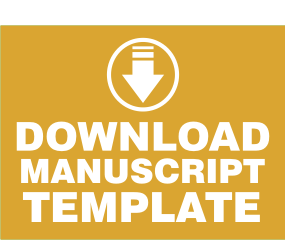
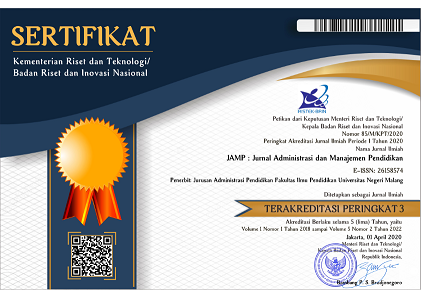



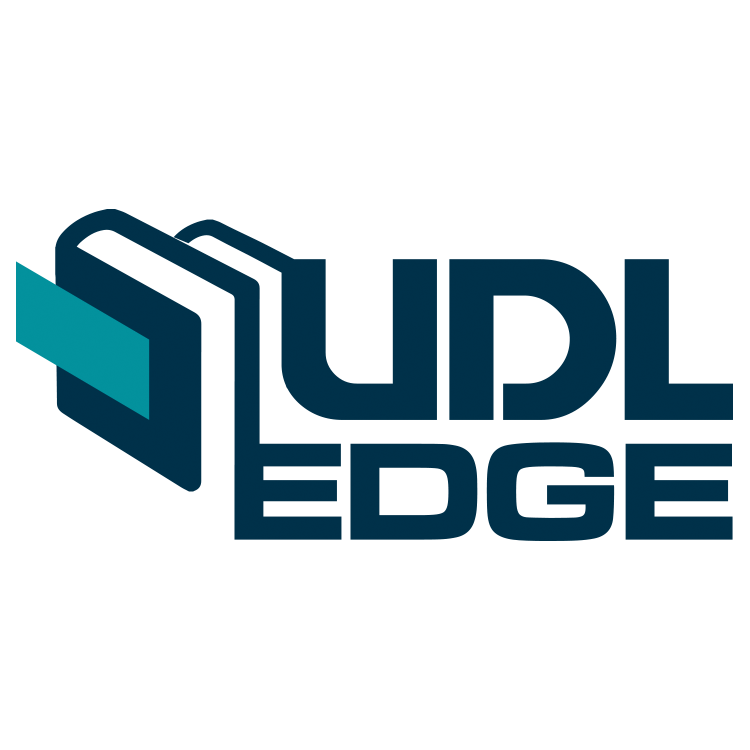
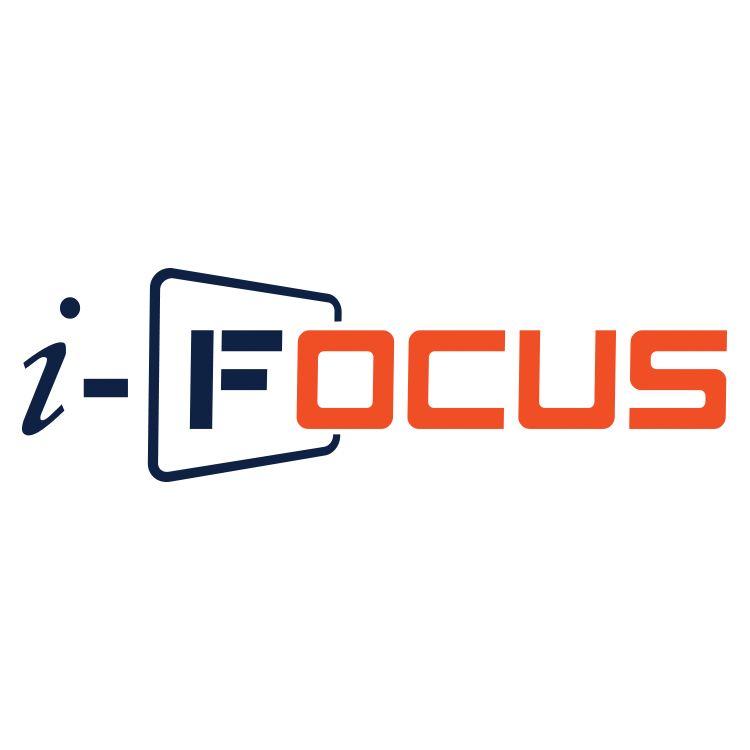
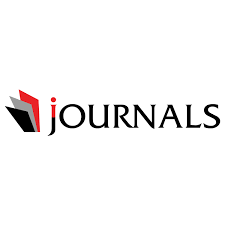
12.png)